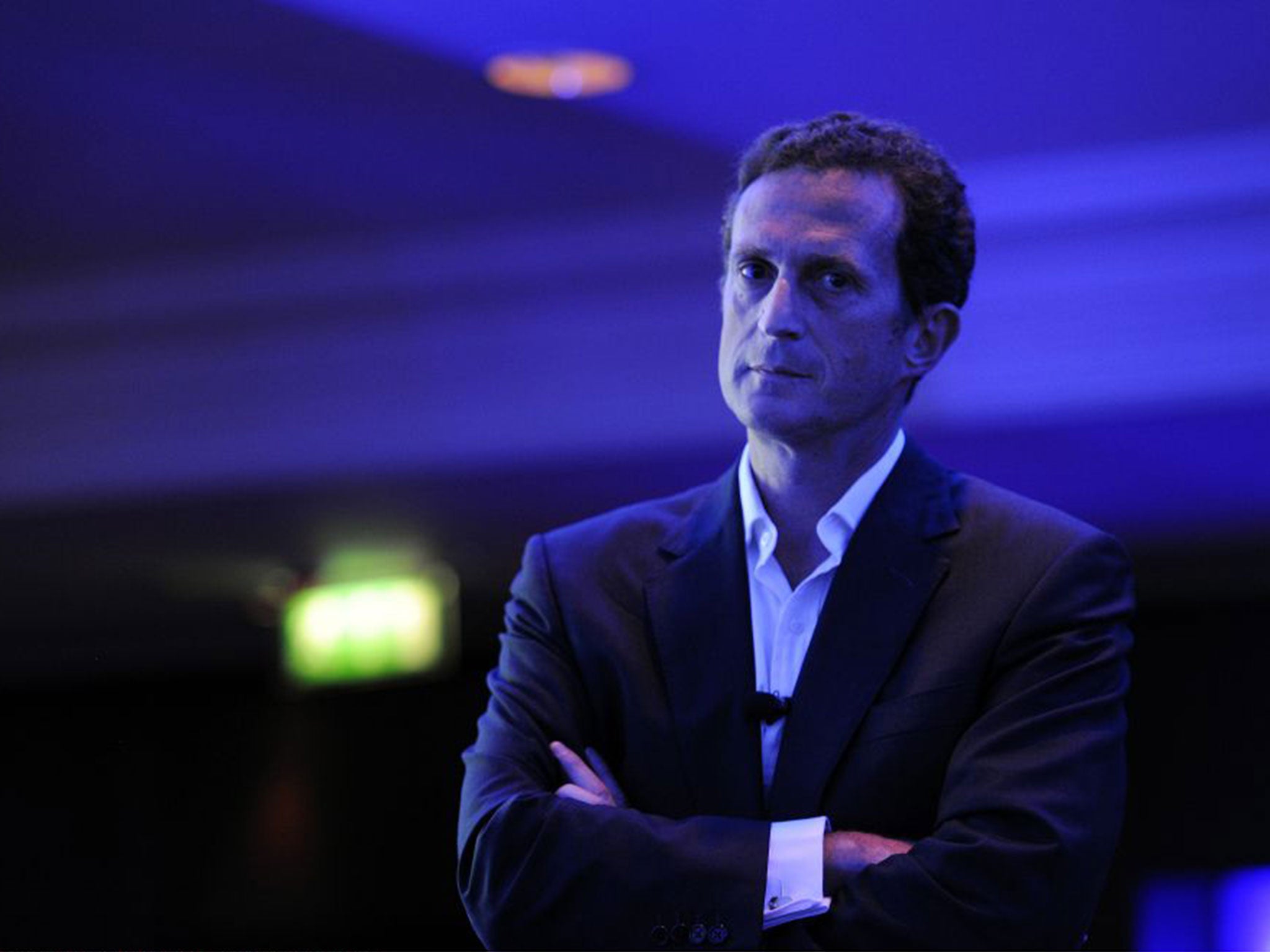Trinity Mirror shacks up with the Express in a £126.7m marriage made in the finance department
Faced with declining print revenues, Trinity bosses reckon they can reap £20m a year in cost savings from the unlikely partnership

It’s Saturday morning and after a night on the town the Daily Mirror reader wakes up next to the partner they’ve fallen into bed with and sees a copy of the Daily Express glaring up at them from the floor.
You know what comes next don’t you: “What was I thinking?”
But Trinity Mirror’s marriage to, or merger with, the publishing assets of Richard Desmond’s Northern & Shell, the Express and its sister titles along with OK! and other magazines, isn’t a shotgun one.
It follows a long-term dalliance, with £126.7m being spent on the ceremony and the reception.
And you thought the world couldn’t get any crazier.
Of course, this isn’t so much a marriage made in hell, or even in heaven. It’s one made in the finance department. The partnership is based on a business calculation by Trinity, that thinks it can rip out enough costs to make money from a stable of declining assets. Some £20m in total.
Trinity also says it expects the rate of that decline to slow. Its trading statement released alongside news of the deal shows a full year fall in print revenues of 11 per cent.
The group thinks the fall will be only 8 per cent this year, but that’s hardly something to celebrate.
Digital revenues are growing handily, but not quickly enough to make up the slack.
Fifty years or so ago the two big gun titles, the Mirror and the Express, had a combined circulation of 8m. Now, even with the Daily Star included, they manage a bit under 1.4m and falling.
The cuts that are coming will therefore be painful.
The editorial lines of the respective titles will, we are told, remain unchanged, so the Mirror will continue cheering for Labour, while the Express will presumably retain the hard right-wing line its older readership has come to expect. But content will nonetheless be shared across the titles.
Simon Fox, Trinity’s chief executive, used the example of sending one reporter to a football game, providing copy for the Mirror, the Express, and the Daily Star. That is something which will likely extend beyond just the sports section. It sounds like a good idea in theory. In practice? Mirror reporters aren’t likely to be too pleased about working for the Express, and vice versa. Plenty of apparently good-looking deals have floundered as a result of cultural issues.
You also only need one sales team to sell ads across the titles, and it will be able to offer package deals to tempt advertisers to spend on the enlarged group’s stable of print and digital properties.
Will there be enough to fund the investment in the latter that the enlarged group needs when the cost cutting is done? That’s the million-dollar question. Actually it’s the 126.7 million-pound question.
Digital disruption is posing challenges across the media. Trinity is not without success in the arena. The same goes for Northern & Shell, having performed a volte-face from when four Express websites were sold cheaply in the early Noughties. But it continues to pose questions for everyone still playing the game.
The Express’s long-time owner Richard Desmond is, meanwhile, now free to pursue other ambitions such as (potentially) a bid to run the National Lottery. Always a winning ticket.
Having made a fortune out of his publishing assets he’s getting back a little bit more than what he originally paid for them. He has good reason to be smiling right now. It’s not often that he ends up on the wrong side of a deal.
Join our commenting forum
Join thought-provoking conversations, follow other Independent readers and see their replies
Comments
Bookmark popover
Removed from bookmarks